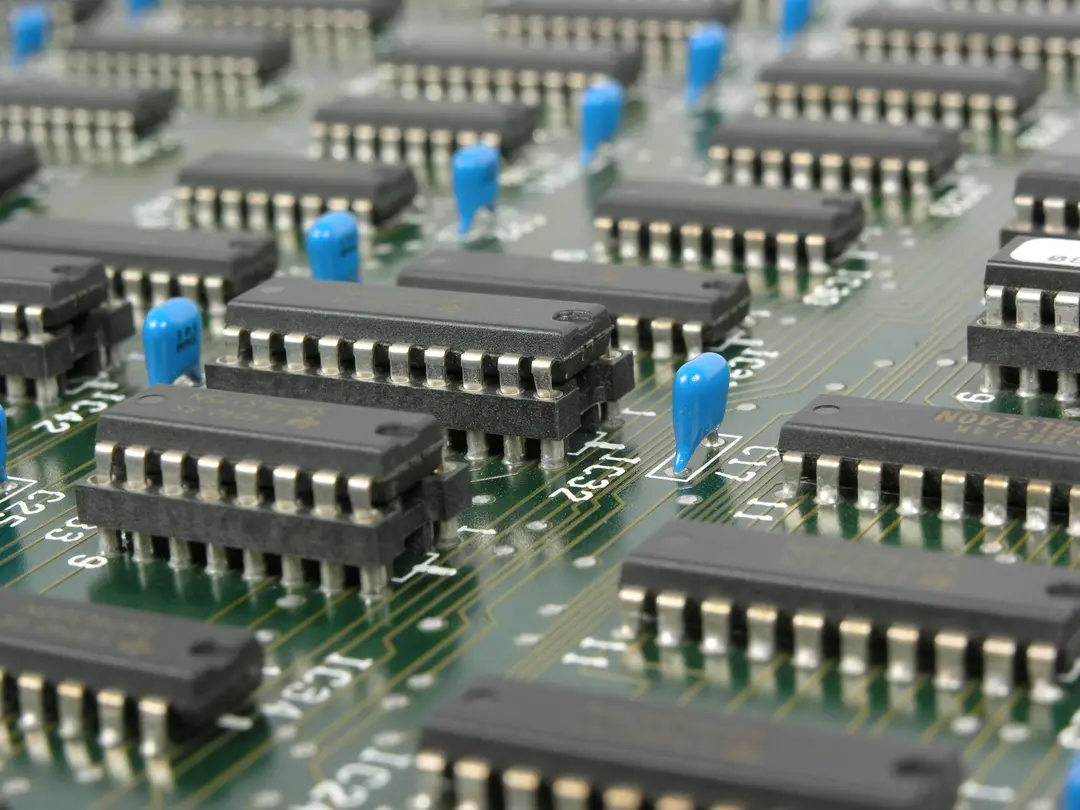What is PAI?
PAI (Polyamide-imide) is a high performance amorphous thermoplastic which is often used in place of metal components where there are weight restrictions.
PAI plastic is considered the highest performing thermoplastic. It is available in a number of grades (such as carbon-fibre reinforced, glass-fibre reinforced, PTFE-filled, graphite-filled, unfilled, wear resistant, high strength, low friction) with varying characteristics.
PAI is generally considered to have good machinability.
You may also see PAI referred to as:
- TECASINT®
- Tecator®
- Torlon®
- Duratron® PAI
Main attributes
- High service temperature in air (up to around 260°C continuously)
- Good UV resistance
- Excellent dimensional stability
- Low coefficient of linear thermal expansion
- High creep resistance
- Yellow to brown colour
- Excellent chemical resistance (except strong alkali, oxidising acids & nitrogen containing solvents)
- Excellent electrical properties
- High cost
- Flame resistant
- High impact strength
- Can be bonded
- Low moisture absorption
Common applications
- Electrical components
- Bearings & bushings
- Computer & appliance housings
- Wear parts & rings
- Valves & pumps
- Gears & driveshafts
Note for designers
PAI is more expensive than other thermoplastics and not readily available in the UK and so generally only recommended where the outstanding properties are required. It's also worth noting that PAI often requires post-curing (such as heat treating) to achieve maximum wear and chemical resistance which needs to be factored into time and cost.
In most cases, another thermoplastic is likely to be suitable. Have a look at our Polycarbonate and PSU pages to see if these may be suitable alternatives. Otherwise, please feel free to call our Estimation team who will be happy to talk through your options.
UK Stock Sizes
PAI is not commonly used in the UK and therefore there aren't standard stock sizes as such. Often PAI may be a non-stocked item which we may be able to obtain with a longer lead time than other high performance thermoplastics. Please look at our Polycarbonate and PSU pages for some potential alternatives.
Technical properties
Here are the properties for TECASINT 5051 grey-green which is a 30% glass fibre filled grade. Reinforced and modified grades will have different properties.
TECASINT 5051 Properties
Mechanical properties
| Mechanical Properties | Value | Parameter | Norm | Notes |
| Modulus of Elasticity (tensile test) | 5800 MPa | 1mm/min, 23°C | DIN EN ISO 527-1 | |
| Tensile Strength | 94 MPa | 50mm/min, 23°C | DIN EN ISO 527-1 | |
| Elongation at Break | 3.4% | 50mm/min, 23°C | DIN EN ISO 527-1 | |
| Elongation at Break | 3.1% | 10mm/min, 23°C | DIN EN ISO 178 | |
| Flexural Strength | 163 MPa | 10mm/min, 23°C | DIN EN ISO 178 | |
| Modulus of Elasticity (flexural test) | 6625 MPa | 2mm/min, 23°C | DIN EN ISO 178 | |
| Compression Strength | 260 MPa | 10mm/min, 23°C | EN ISO 604 | |
| Compression Strain at Break | 72% | 10mm/min, 23°C | EN ISO 604 | |
| Compression Modulus | 2590 MPa | 1mm/min, 23°C | EN ISO 604 | |
| Impact Strength (Charpy) | 27.3 kJ/m2 | max. 7.5J, 23°C | DIN EN ISO 179-1eU | |
| Notched Impact Strength (Charpy) | 5.1 kJ/m2 | max. 7.5J, 23°C | DIN EN ISO 179-1eA | |
| Shore Hardness | 92D | Shore D, 23°C | DIN 53505 | |
| Ball Indentation Hardness | 360 MPa | | ISO 2039-1 | Specimen in 4mm thickness |
Thermal properties
| Thermal Properties | Value | Parameter | Norm | Notes |
| Glass Transition Temperature | 340°C | - | - | DMA, maximum loss factor tan d |
| Service Temperature | 300°C | short term | - | Found in public sources. Individual testing regarding application conditions is mandatory |
| Thermal Expansion (CLTE) | 2.4 / - 10-5 K-1 | 23-100°C | DIN 53 752 | Thermal expansion XY/Z axis |
| Thermal Expansion (CLTE) | 2.6 / - 10-5 K-1 | 50-200°C | DIN 53 752 | Thermal expansion XY/Z axis |
| Thermal Expansion (CLTE) | 2.5 / - 10-5 K-1 | 100-150°C | DIN 53 752 | Thermal expansion XY/Z axis |
| Specific Heat | 1.20 J/(g*K) | - | - | |
| Thermal Conductivity | 0.4 W/(K*m) | 40°C | - | |
Electrical properties
| Electrical Properties | Value | Parameter | Norm |
| Specific Surface Resistance | >1014 Ω | 23°C | DIN IEC 60093 |
| Specific Volume Resistance | >1014 Ω*cm | 23°C | DIN IEC 60093 |
| Dielectric Constant | 3.59 | 1 kHz, 23°C | DIN IEC 60250 |
Other properties
| Other Properties | Value | Parameter | Norm | Notes |
| Water Absorption | 0.53% | 24 h in water, 23°C | DIN EN ISO 62 | |
| Flammability (UL94) | V0 | Corresponding to | DIN IEC 60695-11-10 | Corresponding means no listing at UL (yellow card). The information might be taken from resin, stock shape or estimation. Individual testing regarding application conditions is mandatory. |
| Density | 1.57 g/cm3 | | | |
 Get a quote
Get a quote




